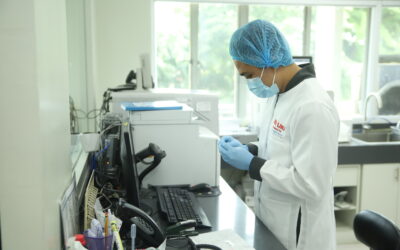A reliable clinical solutions provider, Medi Linx Laboratory specializes in Laboratory Operations Management, which grants hospitals and clinics direct access...
Free Prostate Specific Antigen (Free PSA)
We Would Love To Hear Your Feedback
Share us your thoughts through this survey

What We Do
Lab to Lab (Send-Out Laboratory Services)
Hospitals and clinics are given access to QUALITY laboratory services that are unavailable to them through our Send-Out Laboratory Service. Clinical Chemistry...
Specimen Transport Support Service
Specimen Transport Support Service is Medi Linx’s pick-up and transport of laboratory specimen where our partners are guaranteed with the highest quality and...
To know more about our wide array of routine and specialized clinical tests,
Contact Us!
Homepage Contact Us
"*" indicates required fields
A proud member of



